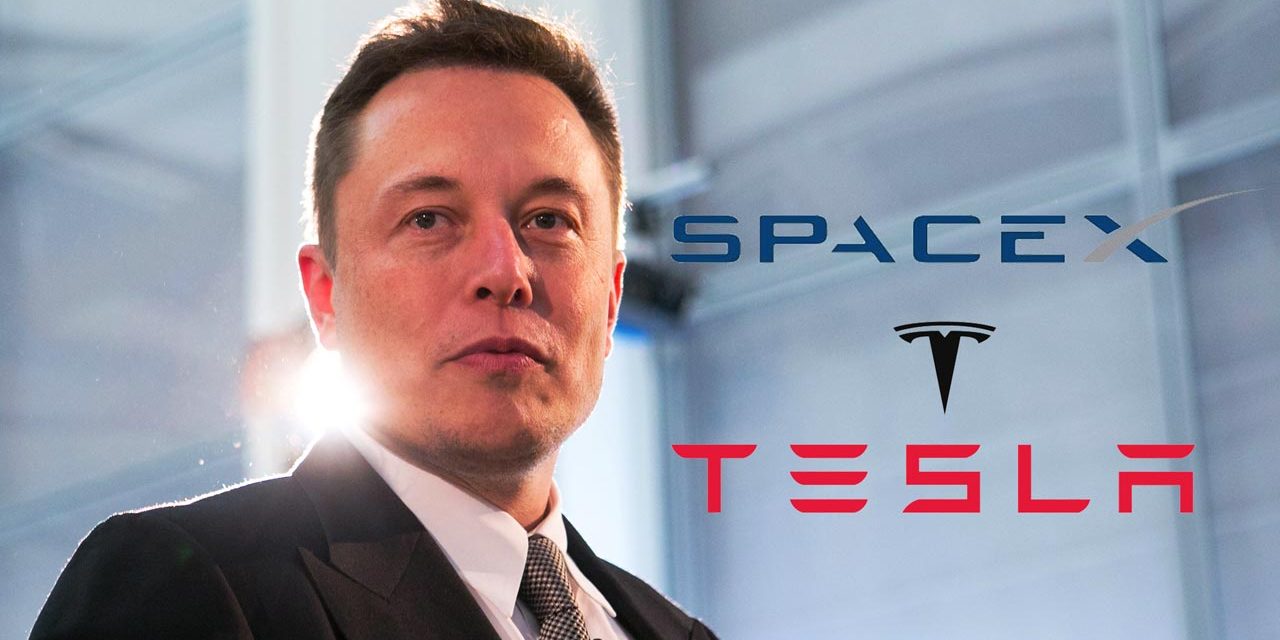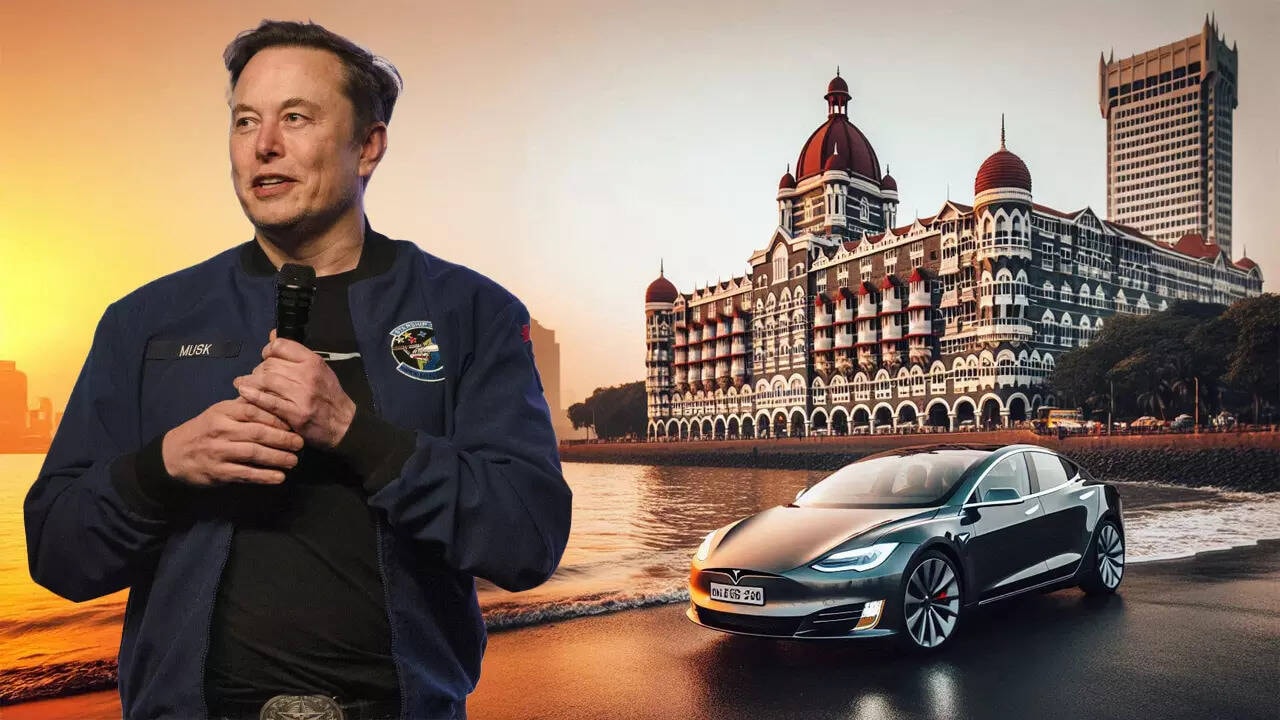The ongoing legal saga over Elon Musk’s colossal 2018 performance-based pay package has transcended a mere compensation dispute. By formally asking the Delaware Court of Chancery to overturn its prior invalidation of the $56 billion package, Tesla has initiated a direct, existential challenge to the state’s century-long reign as the arbiter of U.S. corporate law.

The electric vehicle giant’s motion, filed in the wake of an overwhelming shareholder re-approval, puts Chancellor Kathaleen McCormick in an unprecedented legal position. The original ruling in early 2024 meticulously detailed how the compensation plan—valued at approximately $56 billion—was tainted by a "deeply compromised" process, citing the Tesla board’s lack of independence and fundamental conflicts of interest with its “Superstar CEO,” Musk. The court’s initial decision was a victory for shareholder protection, but Tesla’s subsequent moves have reframed the debate entirely.
The Audacity of Shareholder Ratification
Tesla’s legal gambit hinges on the doctrine of shareholder ratification. The company argues that the June 2024 vote—in which shareholders strongly supported both the pay package’s reinstatement and the company’s reincorporation to Texas—has retrospectively healed any defects identified in the original 2018 approval.

This argument asserts a clear principle: that the ultimate voice of corporate democracy should prevail, and the court must defer to the explicit will of the owners. Tesla’s filings have emphasized that the 2024 vote was conducted with “full, robust, and highly publicized disclosure.” This includes detailing the history of the lawsuit and incorporating the Chancellor's harsh findings into the proxy materials. The company's position is that this hyper-transparency satisfies the stringent legal standard required for a "cleansing vote," thus validating the compensation agreement despite its earlier legal infirmities. The message is bold: if Delaware law is truly designed to protect shareholders, then it cannot ethically ignore their explicit, informed, and overwhelming choice.
The Integrity of the Vote: A Complicated Legal Knot
The request presents a profound dilemma for Chancellor McCormick and the entire Delaware judiciary. Can a subsequent vote erase a judicial finding that a contract was void ab initio (from the start)? Legal scholars are deeply divided, recognizing that while ratification is potent, it is not a cure-all, particularly when addressing a final judgment.

The core issue facing the court is not the numerical result—the vote was undeniably in Musk’s favor—but the integrity of the voting environment. Chancellor McCormick’s original opinion was rooted in the finding that Musk exerted "undue influence," controlling the information flow and manipulating the board. The central question now is whether the 2024 vote was truly independent and free of coercion. Critics argue that Musk’s continuous and extraordinary control over the company's public narrative, his massive social media influence, and the sheer force of his celebrity meant shareholders could never truly vote without being subject to his immense pressure. For the court to approve the ratification, it must be convinced that the shareholders were genuinely acting in their own best interests, overcoming the informational asymmetry and coercive environment that permeated the initial negotiation. The judgment thus becomes a referendum on the efficacy of corporate democracy itself when confronted by a titan like Elon Musk.
An Existential Threat to Corporate Delaware
Musk’s legal actions are more than just an attempt to restore his money; they form the most direct and potent challenge to Delaware’s business model in decades. Following the original ruling, Musk publicly vented his frustration with the Delaware court, portraying it as hostile to capitalism and successful executives. He swiftly moved to hold a vote on relocating Tesla’s legal domicile to Texas.
Should the Delaware court reject this motion to reinstate the pay package, it would immediately validate Musk’s narrative, sending a powerful signal across the entire corporate world: that Delaware courts are fundamentally opposed to high-risk, high-reward executive pay structures, even when ratified by a majority of shareholders.
This outcome could encourage other high-growth, high-profile companies, particularly those with strong founder-CEOs, to follow Tesla’s lead and reincorporate. Such a trend would represent a significant, long-term erosion of Delaware's dominance, potentially diminishing the state's judicial supremacy in corporate law. The outcome of McCormick’s decision on this reinstatement motion is therefore a pivotal moment that will determine the immediate future of Musk’s multi-billion-dollar fortune, and perhaps more importantly, the enduring stability and reputation of the Delaware corporate legal system.
